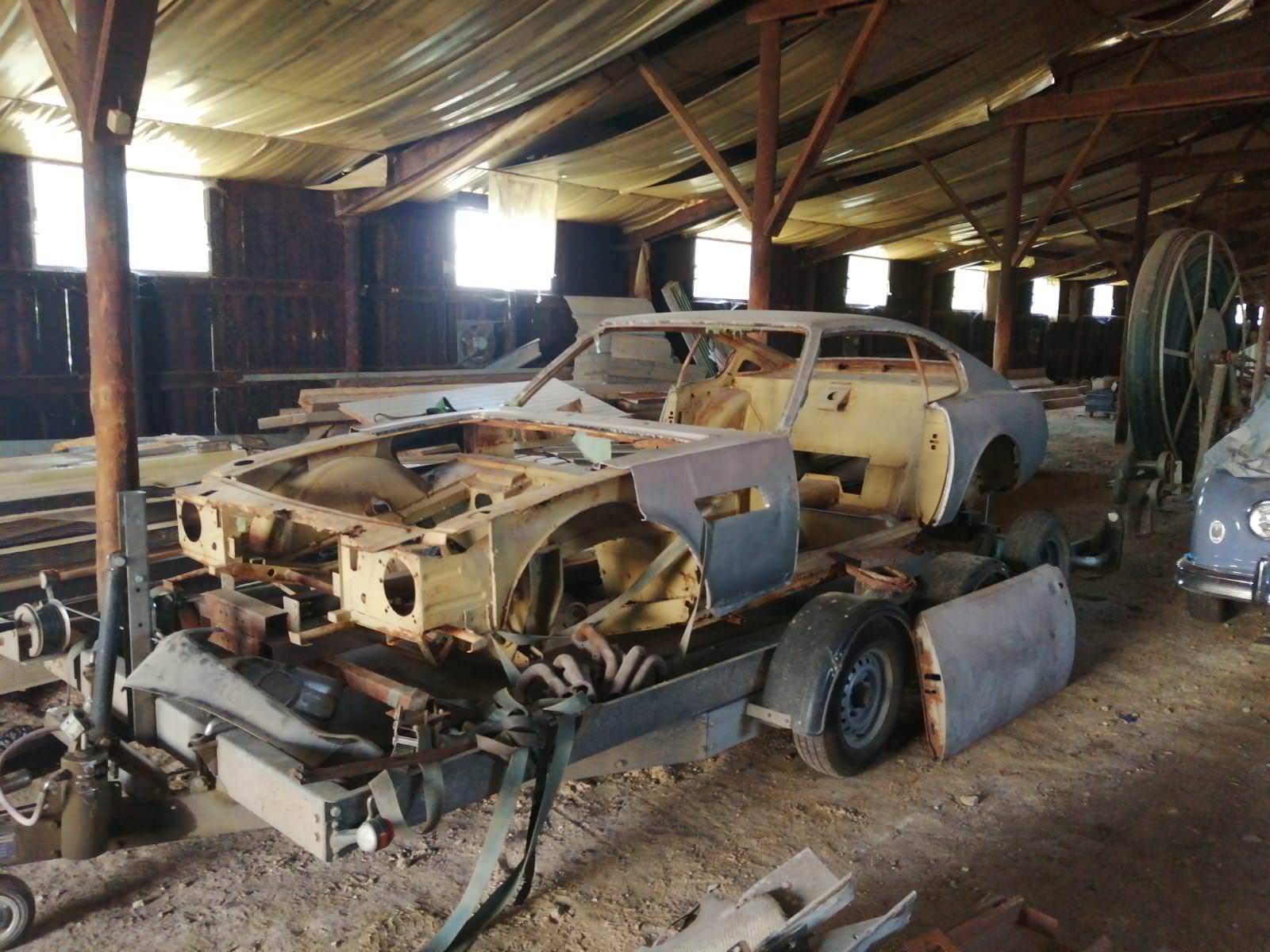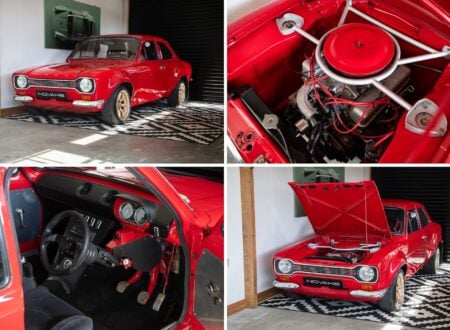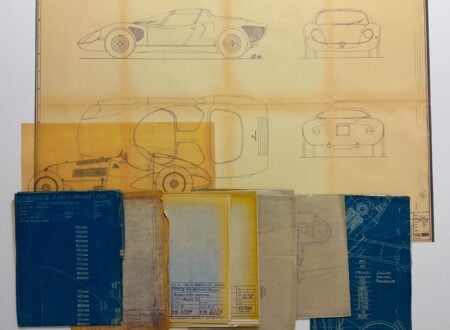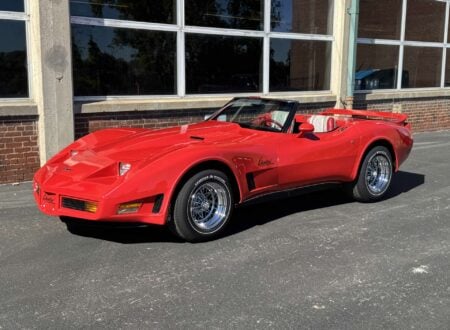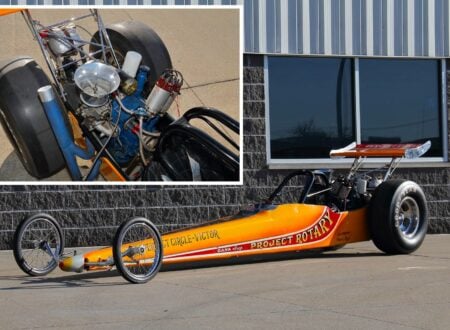This is an Aston Martin DBS, though you may be hard-pressed to recognize it given its current state of undress. The car is currently sitting in a barn in Kent awaiting a full rebuild, and it’s now being offered for sale.
The car consists of a full shell for a 1968 DBS, it lacks an engine or any drivetrain components which means the new owner will be able to rebuild it to their own specification without upsetting the purists. Well, perhaps without upsetting them more than the usual amount.
Fast Facts – The Aston Martin DBS
- The Aston Martin DBS was released in 1967 as the successor to the Aston Martin DB6. Unlike its immediate predecessors the DBS was designed to be fitted with a V8 engine, and it was designed by a Brit rather than an Italian – William Towns.
- There can be no denying that the DBS had gigantic shoes the fill. The Aston Martin DB4/DB5/DB6 series of cars had an outsized impact on the world, including the DB5 being the car of choice for everyone’s favorite British secret agent, James Bond.
- William Towns penned an all-new design for the new car, with just the slightest references to the earlier vehicles. The DBS was to be a new car for the upcoming new decade of the 1970s, and it was to be powered by the new Tadek Marek-designed Aston Martin V8.
- As it happened, the new V8 wasn’t quite ready in time and as such Aston fitted the car with a 4.0 liter version of the earlier DOHC Tadek Marek-designed straight-six that had powered the earlier DB cars. In 1969 the V8 was ready, and the DBS could then be ordered with your choice of either engine.
On Her Majesty’s Secret Service
As the first all-new Aston in years the public pressure on the company to release a car worthy of the earlier DB-series vehicles was immense. As luck would have it, there was a new James Bond in need of a new car, and the Aston Martin DBS fit the bill rather nicely.
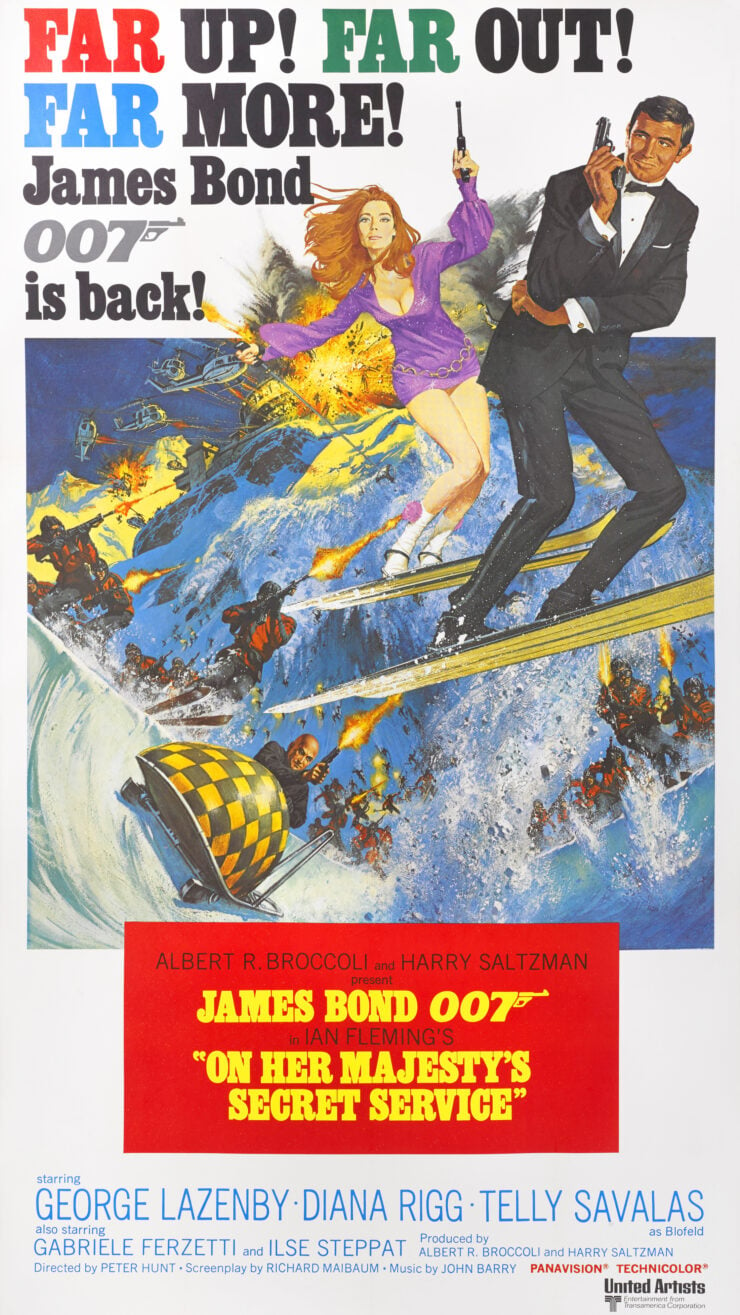

When On Her Majesty’s Secret Service debuted at cinemas worldwide in 1969 Sean Connery was no where to be seen, a new Bond had taken his place – George Lazenby. The earlier Aston Martin DB5 was similarly absent, having now been succeeded by the new DBS. Another major publicity win for Aston Martin.
As it happens the next James Bond film, Diamonds are Forever, also featured a DBS however it was only seen in the background at Q Branch being fitted with some discrete missiles.
The 007 franchise wouldn’t be the DBS’ only brush with fame, a Bahama Yellow DBS was used in the TV series The Persuaders! starring Roger Moore – who would of course go on to play Bond himself. In the series Moore plays Lord Brett Sinclair who drives a six-cylinder DBS, though it was presented in the series as a V8 model.
The Aston Martin DBS
The development of the Aston Martin DBS was fraught with disaster from the very beginning. The two most significant calamities were that the planned new Tadek Marek-designed Aston Martin V8 would not be ready in time for the car’s unveiling, and the Italian body designer Carrozzeria Touring had gone out of business after completing just two prototypes.
Above Video: This is the opening scene of “On Her Majesty’s Secret Service,” the Aston Martin DBS makes an appearance – this was also the public’s first time seeing anyone other than Sean Connery playing James Bond.
So it was that Aston Martin had no engine and no body for what was to be one of the most important new models in the company’s history.
Plans were swiftly put in place to solve both of these issues. The earlier Tadek Marek-designed straight-six in 4.0 liter form was approved for the car – this was the same engine design that had been used in the DB4, DB5, and DB6.
Getting a new body design would prove more of a challenge, particularly due to the compressed timeline, so British automotive designer William Towns was brought on board and set to work. Towns was one of those designers who was ahead of his time, he later developed a slew of advanced cars and he penned the Aston Martin Lagonda.
The Aston Martin DBS debuted in 1967, it featured entirely modern styling and it was a clear step forward over the DBS. That said the DB6 remained in production for a further two years with both cars selling side-by-side in Aston Martin showrooms.
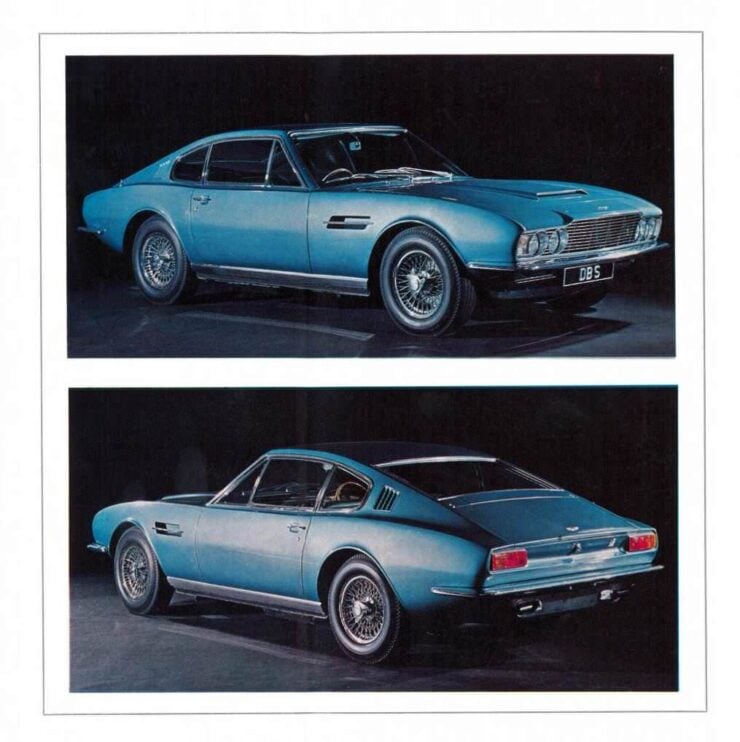

By 1969 the new V8 engine was ready, an advanced design with double overhead cams per bank and a displacement of 5.4 liters offering 320 bhp at 5,000 rpm and 330 lb ft of torque at 5,000 rpm. A significant step up over the straight-six engine’s 2809 bhp at 4,500 rpm and 288 lb ft of torque at 3,850 rpm.
The DBS would leave production in 1972 to be replaced by the similarly-styled and simply named Aston Martin V8.
The 1968 Aston Martin DBS Barn Find Shown Here
The car you see here has clearly seen better days, however it does come with a full body shell as well as some additional panels. It is missing some important parts, like the engine, drivetrain, wiring loom, and the interior. This means that the new owner will need to source what’s missing and rebuild it from the ground up.
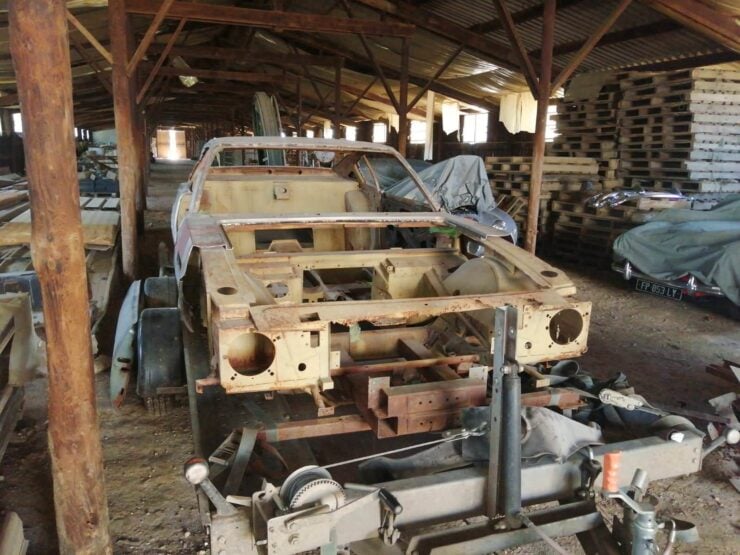

The good news is that since the engine is already long gone there can be no complaints about it having been ruined during the rebuild, and so we may very well see a different Aston Martin engine installed, or an engine from another marque altogether.
There is also a non-zero chance that this car will be picked up by someone wanting to convert it to full electric specification, an increasingly common decision particularly when classic cars are already missing their original engines.
If you’d like to read more about this car or register to bid you can visit the listing here on Car & Classic. It’s being sold out of Kent in England and it will require its own trailer when the time comes to take it home.
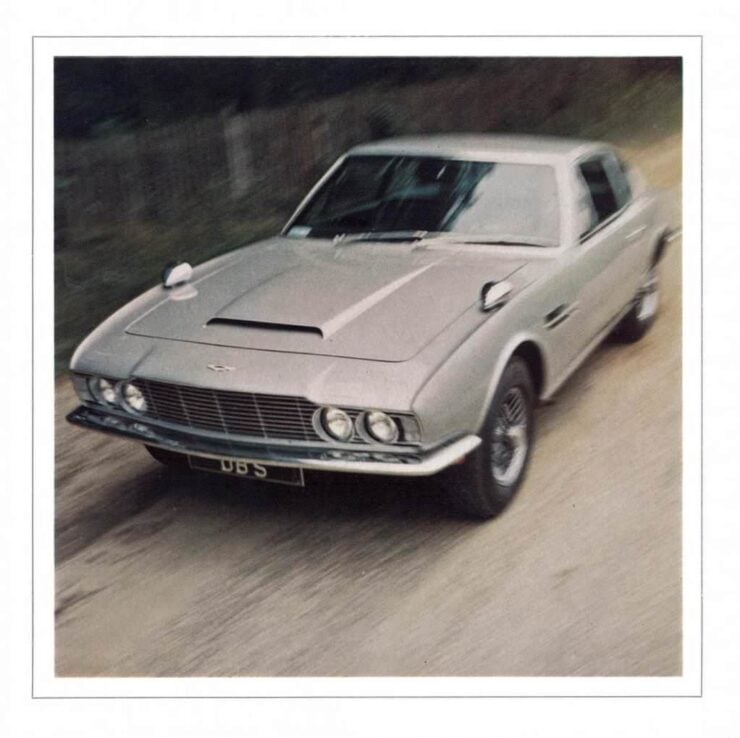

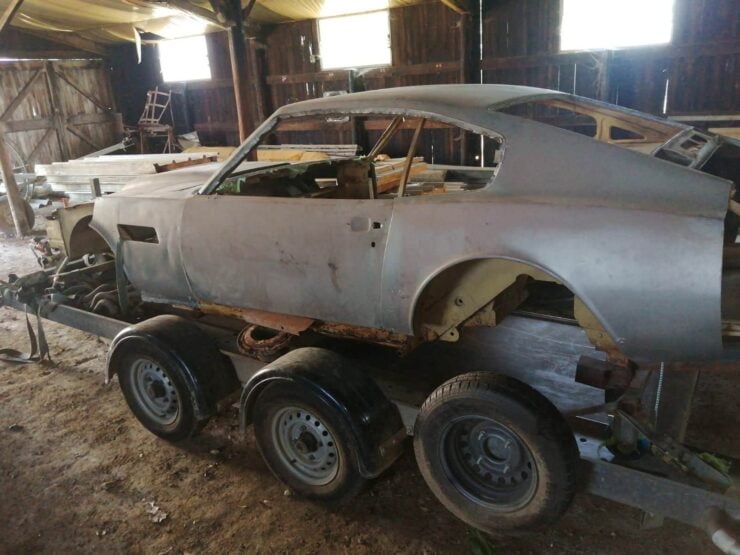
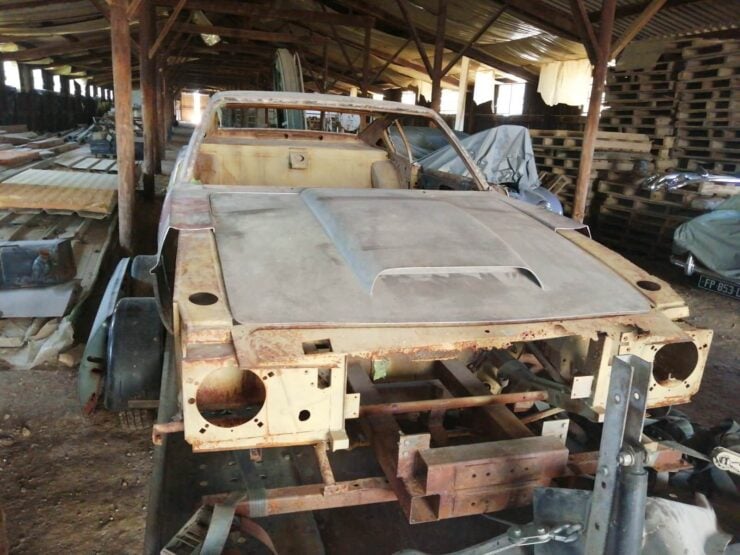
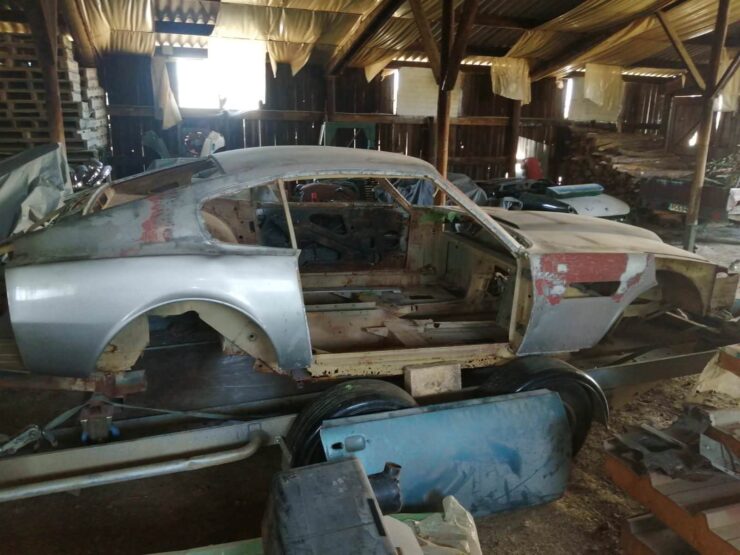
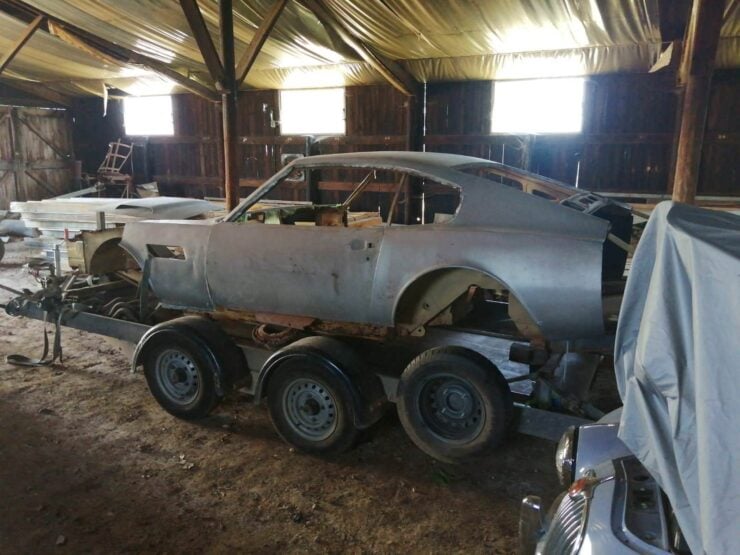
Images courtesy of Car & Classic

